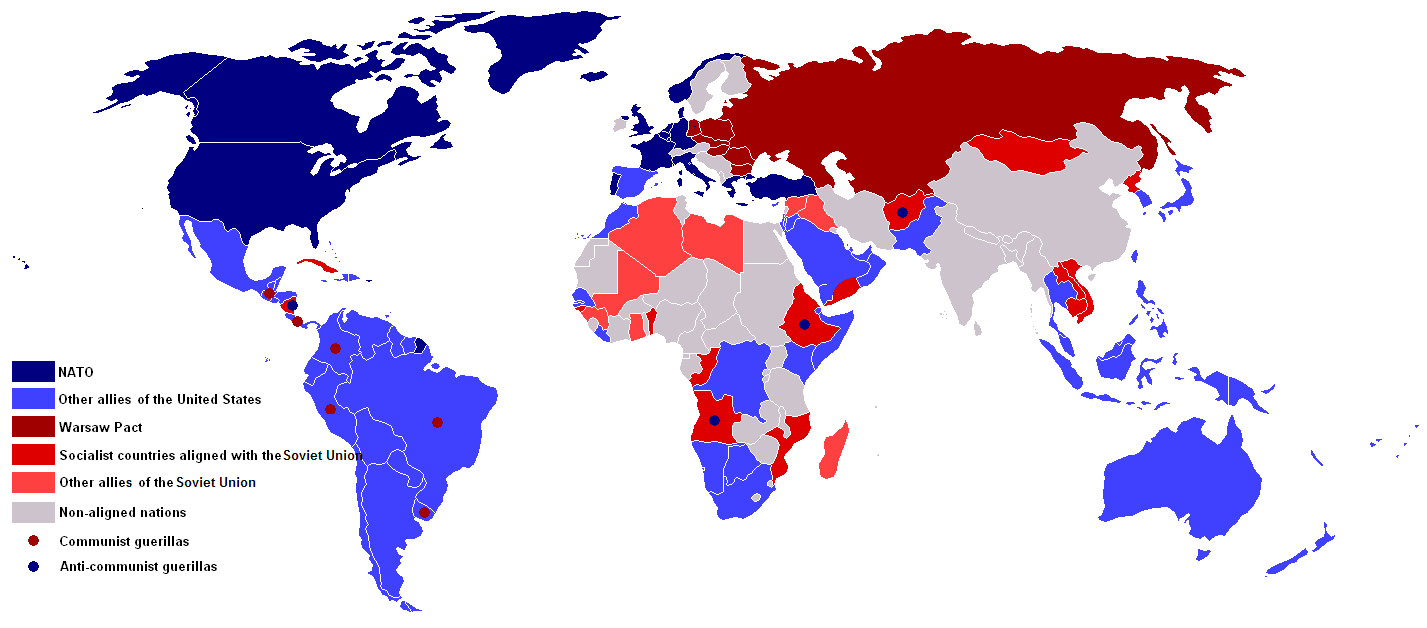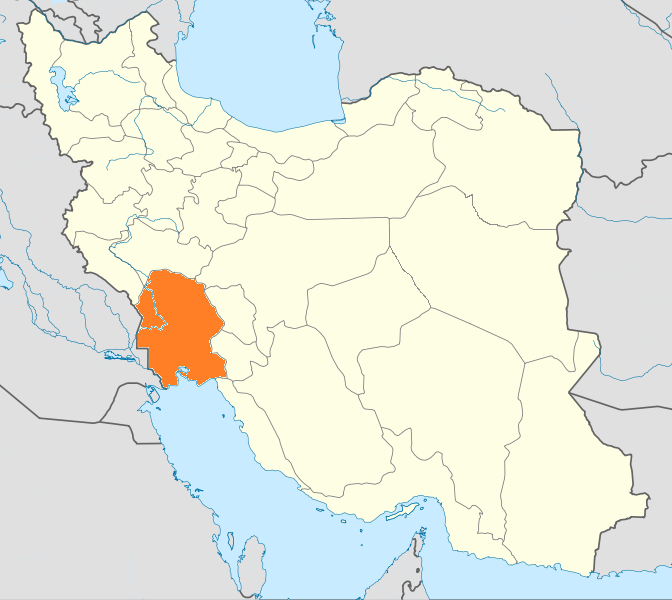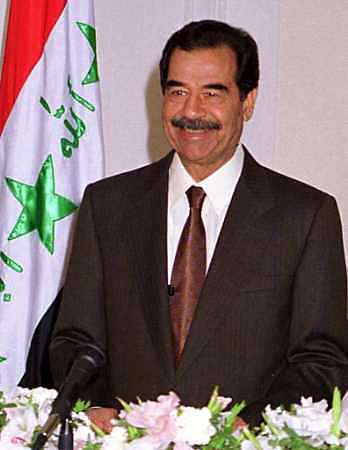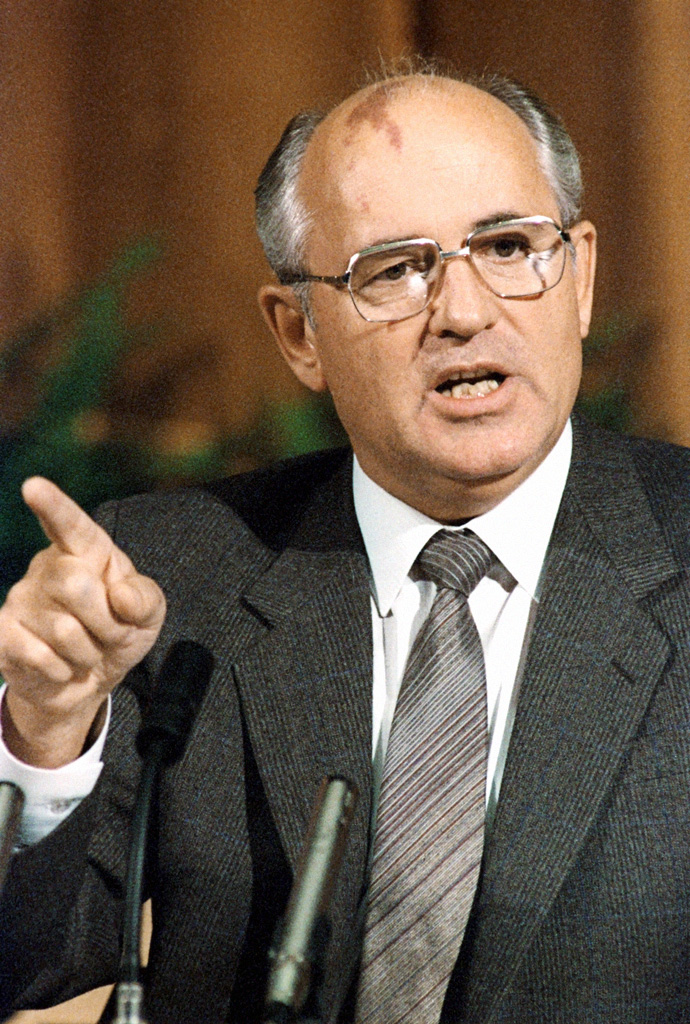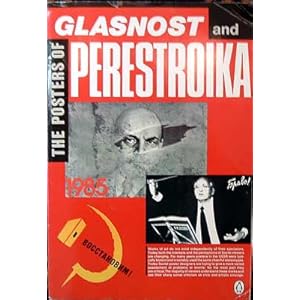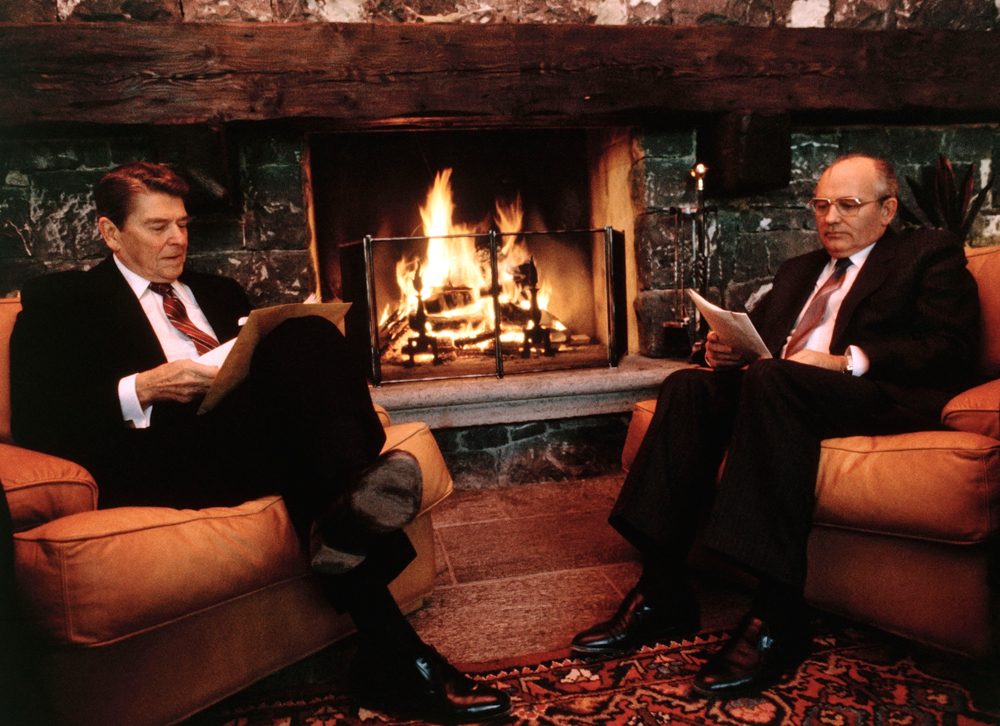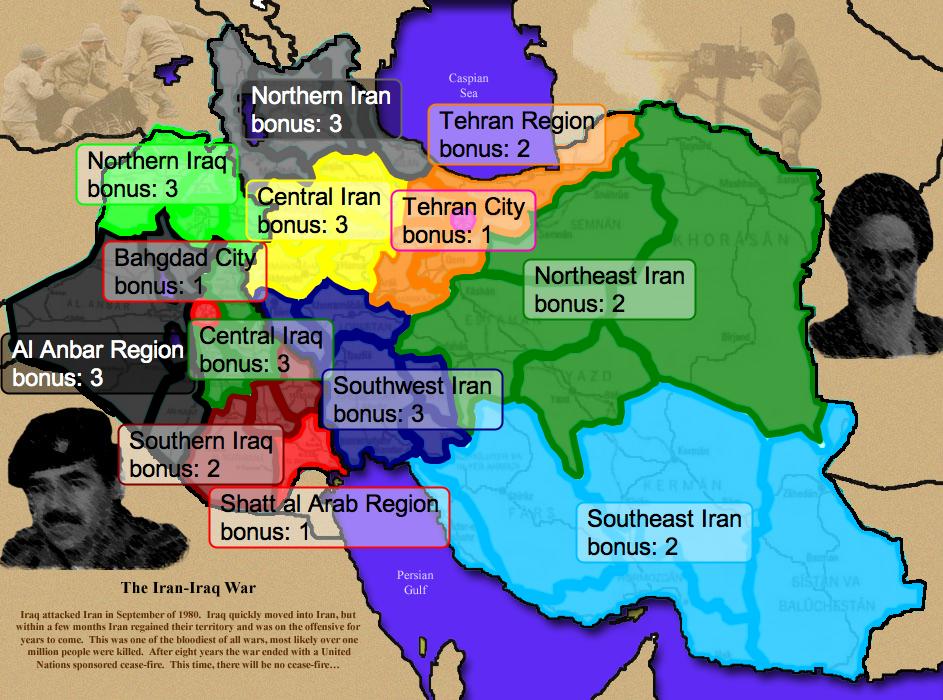girld22
Banned
Hi everyone this is my second timeline and my first one in post 1900. This alternative history will is about a reenergized soviet union, a cooling in the cold war and a new type of war with much much more stuff. Ps this is my first timeline enjoy https://www.alternatehistory.com/discussion/showthread.php?t=255034
Prelude
